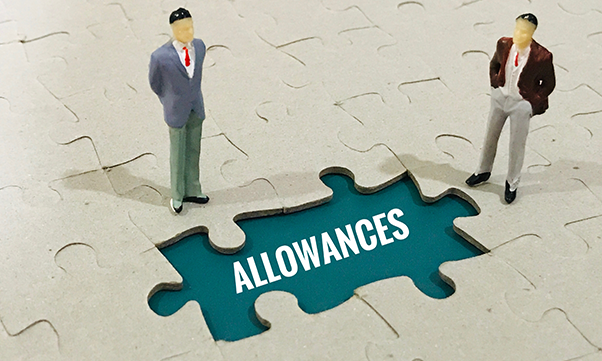Making Tax Digital (MTD) is a UK government initiative from HMRC designed to modernise the tax system, making it more efficient, accurate, and easier for taxpayers to manage. Under MTD, businesses must keep digital records and use compatible accounting software to file tax returns online.
The rollout began with VAT in April 2019. Now, all VAT-registered businesses must comply. From April 2026, self-employed individuals and landlords earning over £50,000 will need to follow MTD rules, with those earning over £30,000 joining the scheme from April 2027.
Although this shift may feel significant for small businesses, it brings a wide range of practical benefits.
Why Making Tax Digital Is Good for Small Businesses
Switching to digital accounting reduces errors. By maintaining records electronically, you avoid the mistakes that often come with manual data entry or paper-based systems. This makes your accounts more reliable and helps you steer clear of penalties from HMRC.
MTD-compatible software also simplifies your bookkeeping. These tools can automatically pull in your bank transactions, generate invoices, and track expenses—cutting down on admin time and freeing you up to focus on running your business.
You also get a real-time overview of your financial health. With up-to-date data at your fingertips, you can see what tax is due, monitor cash flow, and make informed decisions, without waiting for year-end accounts.
Keeping everything digital helps you stay organised and meet deadlines. No more last-minute paperwork scrambles, your records are securely stored and updated as you go.
Modern software often includes helpful dashboards, reminders, and reporting tools. These features help you spot trends, plan for growth, and stay in control of your finances.
Security is another big plus. Most MTD-compliant platforms are cloud-based, which means your data is backed up, encrypted, and accessible from anywhere. That’s far safer than keeping receipts and spreadsheets.
And while there may be an initial cost to getting set up, many small businesses find they save money in the long run, by reducing accounting fees, avoiding fines, and spending less time on admin.
It also makes working with your accountant smoother. Many accountants already use MTD-ready software, making it easy to share information and get support when you need it.
Ultimately, going digital now prepares you for the future. With HMRC continuing to expand MTD, early adoption ensures you’re ready for whatever comes next.
How Banks Are Supporting MTD Through Integrated Software
Beyond Open Banking feeds, many high street banks now offer dedicated or bundled accounting software to make MTD compliance easier for small businesses.
Here are some examples:
Barclays – Ember Integration
Barclays has teamed up with Ember, a modern all-in-one accounting platform built for small businesses and freelancers. Ember connects directly to your Barclays business account and automates bookkeeping, VAT returns, invoicing, and payroll. It’s fully MTD-compliant, reducing the time and effort involved in managing your finances.
NatWest – FreeAgent
NatWest business current account holders get FreeAgent accounting software included at no extra cost. FreeAgent links with NatWest accounts to automatically import transactions, and provides tools for invoicing, expense tracking, and VAT submissions, ideal for sole traders and small businesses preparing for MTD.
Lloyds Bank – Business Finance Assistant
Lloyds offers a free digital accounting tool called Business Finance Assistant. Designed for small businesses, it allows you to link your Lloyds account, send invoices, track payments, and monitor cash flow. It’s a straightforward, MTD-ready solution for staying organised without needing external software.
Royal Bank of Scotland (RBS) – FreeAgent
RBS mirrors NatWest’s approach by providing FreeAgent free of charge to business banking customers. With real-time syncing, expense tracking, and reporting tools, it’s a full-featured option for businesses preparing for MTD.
HSBC – HSBC Kinetic App
While HSBC doesn’t offer full accounting software, its Kinetic app provides smart financial features such as automatic categorisation of expenses and digital invoicing. It integrates with tools like Sage, and supports secure data exports to help with MTD compliance.
Why These Tools Matter
These bank-supported platforms are more than just conveniences, they’re practical tools that can help your business:
- Reduce manual data entry and errors
- Speed up income and expense reconciliation
- Improve visibility into your cash flow
- Keep accurate, compliant records for MTD
- Share information more easily with your accountant
In Summary
Making Tax Digital is reshaping how UK businesses manage their taxes, but for small businesses, it offers more than just compliance. With the right digital tools and support from your bank, MTD can help you take control of your finances, reduce admin stress, and build a more organised, future-ready business.
You may still need advice from your accountant, but by getting ahead of the curve now, you’ll be better prepared, more confident, and ready to grow.



